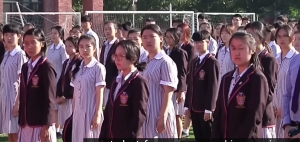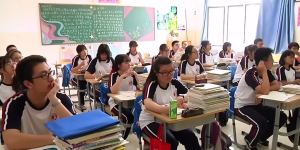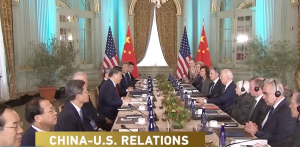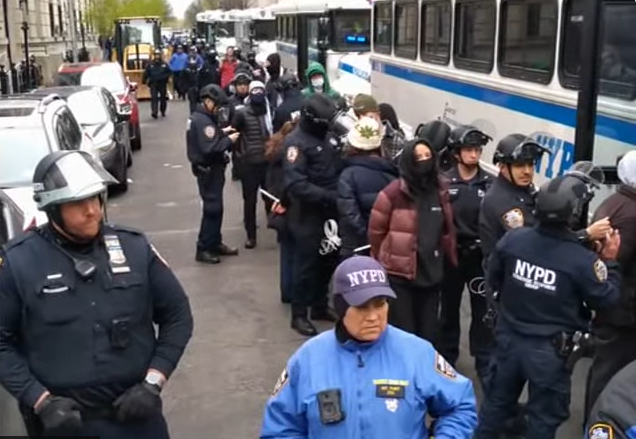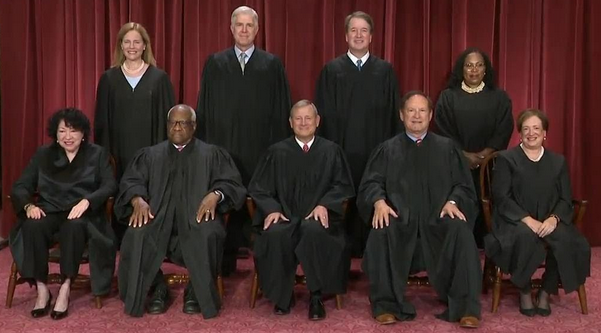By Mel Gurtov\PeaceVoice
Photos: YouTube Screenshots
In recent talks between US and Chinese leaders, they have found common ground in support for more people-to-people exchanges, particularly in education. Presidents Biden and Xi both mentioned the importance of these exchanges at their last summit meeting, and Secretary of State Antony Blinken, during his April trip to China, gave a talk to American students there on how critical study in China is for cross-cultural understanding and prevention of misperceptions between governments. But the positive rhetoric is being overtaken by political realities.
The Department of Defense has suddenly announced termination of all but one West Coast “flagship” language program in Chinese, citing cuts by Congress in funding. (The University of Oregon and the University of Washington are among the affected schools.) The decision caught language teachers by surprise; they had every reason to think Chinese-language programs would be strongly supported in the national interest.
Flagship programs offer substantial financial support for rigorous training in neglected languages that are considered of national security import, including Arabic and Persian as well as Chinese. Now, of 30 universities that hosted flagship programs, only 19 remain. There has been a significant falloff in student enrollment in Chinese, however, just when fluency is most needed in or out of government service. US students in China total fewer than 1,000; only about 400 went to China for study a year ago.
On the other hand, nearly 300,000 Chinese students are studying in the US right now. But official Chinese complaints about the treatment of students are increasing. A foreign ministry official said last month:
“The U.S. side keeps overstretching the concept of national security and has arbitrarily canceled Chinese students’ visas, forbidden their entry and forcibly repatriated them without any conclusive evidence, causing enormous harm to relevant students. The inspection rooms at some U.S. airports have become a nightmare for Chinese students. What the U.S. side is doing contradicts its statement about facilitating and supporting people-to-people exchanges between the two countries.”
There are good reasons to believe these claims are largely accurate.
Both countries are now emphasizing the safety of travelers in each other’s country. The US State Department has put out a travel advisory for students and others. China has responded with a travel warning of its own and a personal warning from its ambassador to the US.
An article in Latitudes, the newsletter of the Chronicle of Higher Education, says:
“Amb. Xie Feng held a ‘Safety Journey in the U.S.‘ event, cautioning about risks to Chinese students and other travelers, including ‘harassment’ and potential deportation when entering the country, anti-Asian discrimination, and government interference with people-to-people exchanges. Xie also accused American leaders of ‘poisoning the public-opinion environment’ and harming the relationship between the two countries. The Chinese embassy later posted a pamphlet online with safety tips for navigating the United States.”
Needless to say, these tit-for-tat warnings reflect the politics of US-China relations today: the “China threat” being pushed in Congress, and American public opinion now very unfavorable toward China; and Chinese upset with the US “Cold War mentality” and strategic containment of China. Sadly, students and researchers in both countries suffer from this negative dialogue.
Mel Gurtov, syndicated by PeaceVoice, is Professor Emeritus of Political Science at Portland State University and blogs at In the Human Interest.











